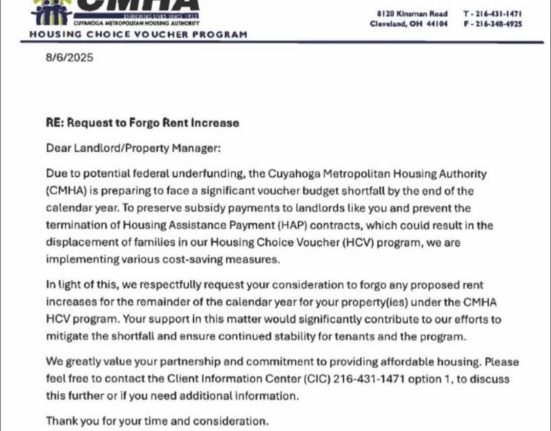Now, the SEC’s Crypto Task Force has announced new guidance on disclosure requirements for exchange-traded funds (ETFs) linked to cryptocurrencies, marking the first step toward approval of applications for ETFs, including President Trump’s meme coin.
The crypto guidance, issued last week, will help speed up the approval process for these ETFs, “as part of an effort to provide greater clarity on the application of the federal securities laws to crypto assets,” according to the SEC.
SEC rules “require issuers to provide information on the outside front cover page of the prospectus related to the offering, including the offering price of the securities, the nature of any underwriting arrangements and the names of the underwriters,” according to the SEC.
“Disclosure should be presented in clear, concise, and understandable language, without overly relying on technical terminology or jargon,” reads the guidance. SEC rules require issuers to provide a summary “in plain English” of the information in the prospectus, reads the guidance.
The guidance also provides the terms of custody of the crypto assets, such as Bitcoin, including “storage policies,” including the use of “cold, warm or hot storage, whether the issuer’s crypto assets are commingled or held in wallets with assets of other customers, and how transfers of crypto assets from cold, warm or hot storage occur,” according the guidance. Plus, whether the custodian “carries insurance for any losses of the crypto assets,” said the SEC.
In the last several months, since President Trump took office, there has been a shift in the crypto market, particularly with assets being allowed in retirement plans. In April, Senator Tommy Tuberville reintroduced the Financial Freedom Act, which would give retirement plan participants the ability to control how their assets are invested.
Then in May, the Department of Labor rolled back its crypto warning, which it released three years ago when the DOL had “serious concerns,” effectively creating a ban on including crypto in 401(k) plans.
However, the DOL reaffirmed its neutral stance, neither endorsing, nor disapproving of, plan fiduciaries who conclude that the inclusion of cryptocurrency in a plan’s investment menu is appropriate, according to a statement.
“We’re rolling back this overreach and making it clear that investment decisions should be made by fiduciaries, not DC bureaucrats,” said Secretary of Labor Lori Chavez-DeRemer.
In June, shortly after the rollback, four Senators sent a letter to Secretary Chavez-DeRemer, urging her to reinstate that guidance “to ensure retirement security for millions of hardworking Americans.” Americans “rely on their 401(k) plans to retire with dignity,” the Senators wrote in their letter.
Now, things seem to be shifting where crypto is concerned, as President Trump has vowed to make the U.S. the “crypto capital of the planet.” Following this goal, the DOL withdrew its 2022 guidance that cautioned trustees against including cryptocurrencies in 401(k) plans.
In June, the Senate passed the first major cryptocurrency legislation, the Guiding and Establishing National Innovation for U.S. Stablecoins (GENIUS) Act, to regulate stablecoins, propelling one of two crypto bills working its way through Congress forward.
Another crypto bill is also working its way through Congress, the Digital Asset Market Clarity Act, which would split federal authority to regulate cryptocurrency based on the offer and sale of digital commodities between the Securities and Exchange Commission and the Commodity Futures Trading Commission.







